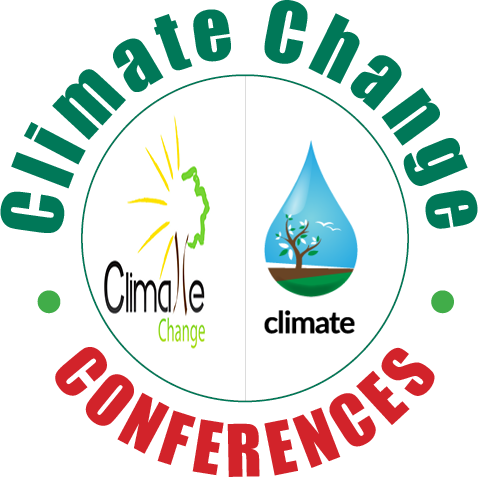Paul Alexander Comet
Houston, USA
Title: Waste, sustainability and money in controlling the carbon cycle and avoiding climate change
Biography
Biography: Paul Alexander Comet
Abstract
A series of propositions are developed for controlling the carbon cycle by changing the way that we dispose our wastes. By defining contemporary biological carbon as neutral, fossil carbon as positive, and biochar as negative, an ideological framework can be easily developed for the creation of carbon negative societies. The capitalism vs. communism debate is revisited, but neither system addresses the waste problem, “linearity”, the nature of money nor the need for sustainability or even what to do with waste (mostly carbon-based) which normally ends up in the air, water or landfill. Economics, as a mechanism for evaluating the movement of goods and services throughout society, in terms of energy expenditure and waste generation on a cyclical basis is a relatively unexplored field. Waste can be defined as associated with a negative cost and economic entropy. Entropy can be reversed by inputting energy into a system. A range of potential analogies for the development of global carbon neutrality can be discussed. These include cellular biology and ecology as viewpoints for generation of ATP (used as the currency of any cell, whether autotrophic or heterotrophic). For human society (a superorganism based on many municipal “cells”) the development of a currency based on the “species” of alternative (electrical) energy, would be analogous to ATP. King Darius, used water dockets as currency in desert oases. By also referencing successful, premodern, economies, it may be possible to build an “alternative economy” based on wasteland, wastewater, waste-derived energy, wasted energy, etc., and most importantly, wasted people. This “second tier” economy would depend on the waste stream from the existing economy for its manufacturing, building materials, fertilizer, etc. and hence would complement the existing economy. Application of these simple ideas might also be appropriate in the building of a lunar base.
Recent Publications
Comet, P.A. (2017). Academia Journal of Environmental Science 5(9): 151-160, September 2017 DOI: 10.15413/ajes.2017.0516, ISSN: 2315-778X
Wilkinson T (2010) The rise and fall of Ancient Egypt. Bloomsbury Publishing., London, New York & Berlin. ISBN 978 0 7475 9949 4 Comet,P.A.,(2016),http://article.sciencepublishinggroup.com/pdf/10.11648.j.ajep.s.20160 50301.13.pdf.
Fawzi M (2009). http://p2pfoundation.net/P2P_Energy _Economy.
Georgescu-Roegen N (1971) The entropy law and the economic process (Maxwellian demon quote, pg. 307; pg. 282). Cambridge, Massachusetts: Harvard University Press.

